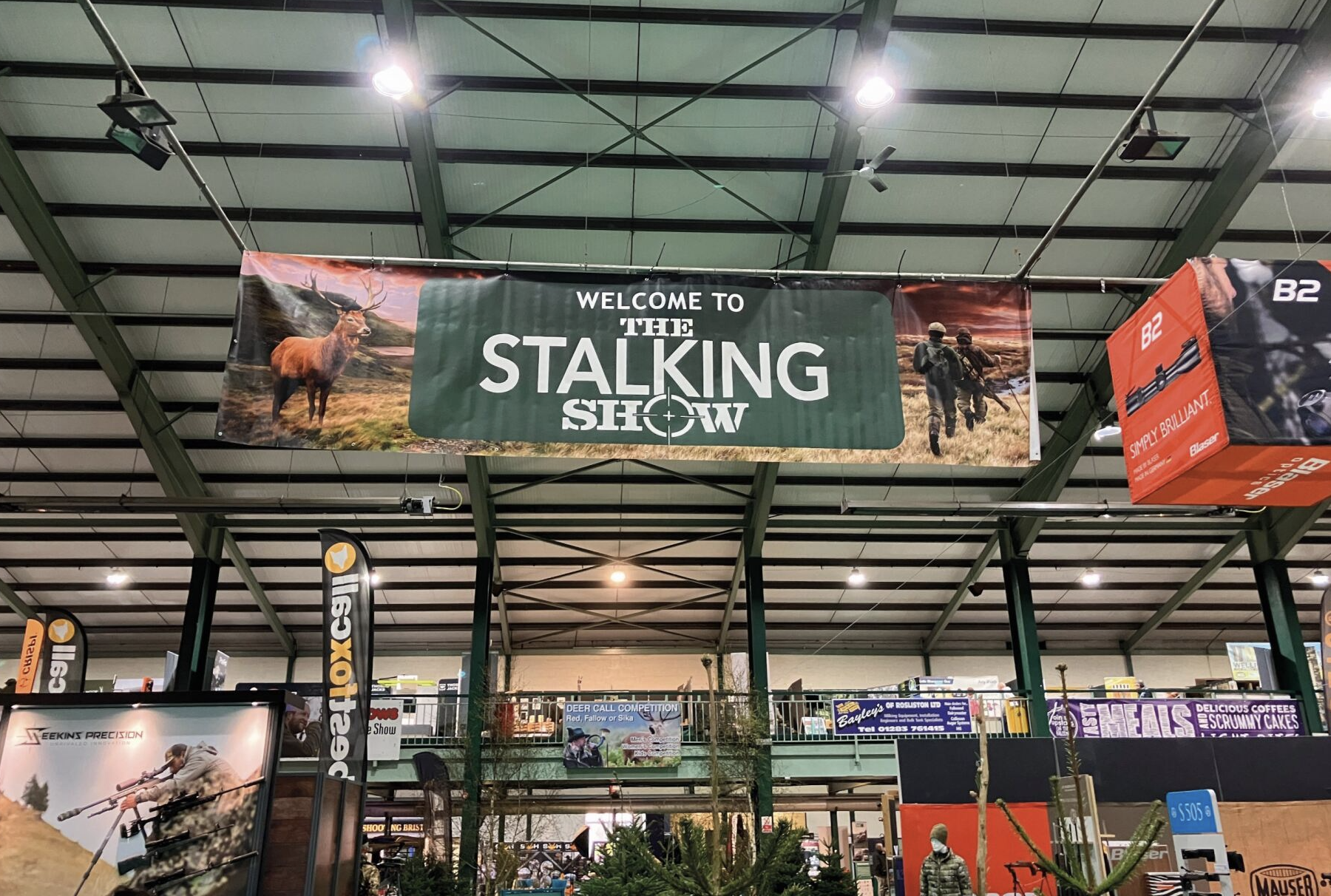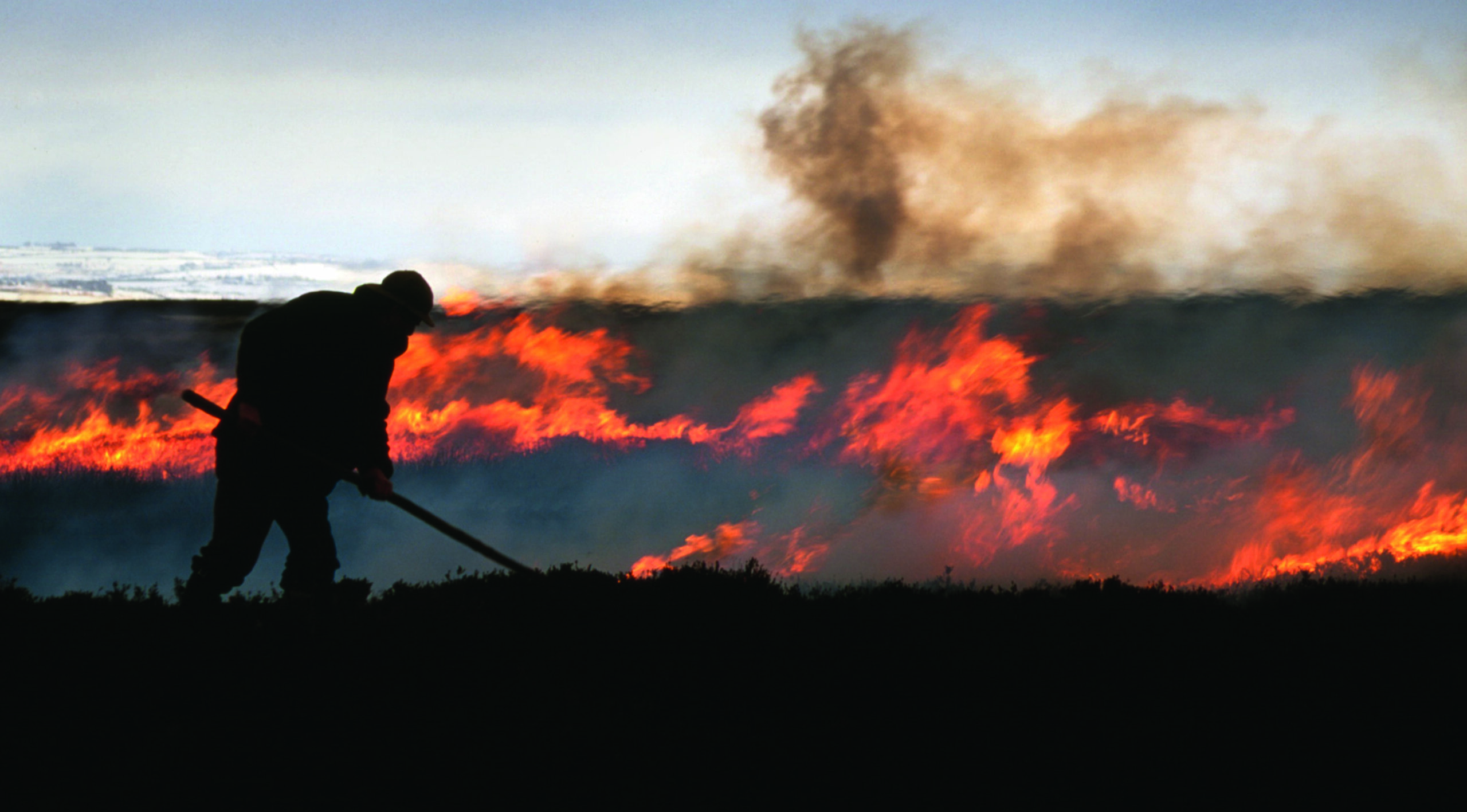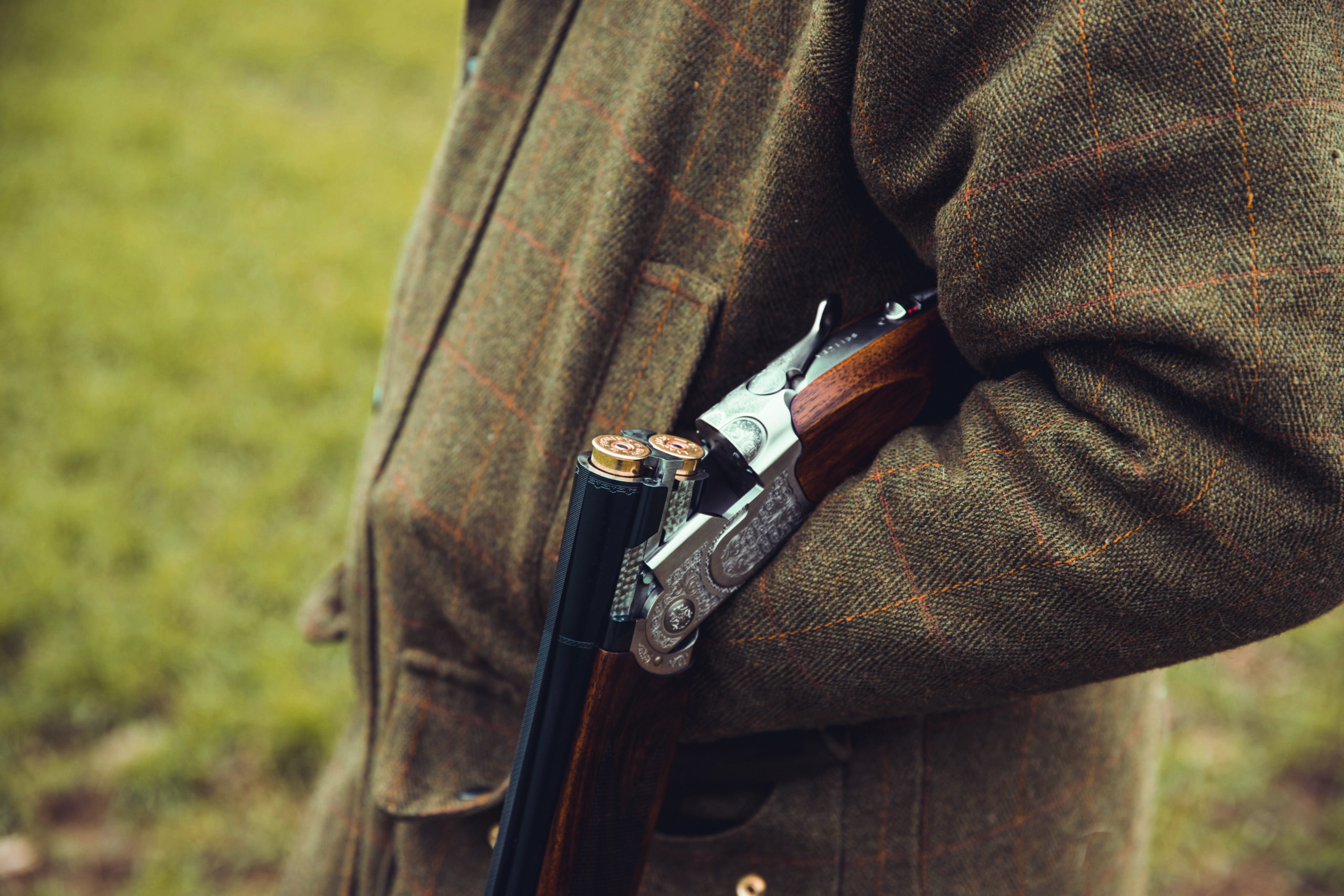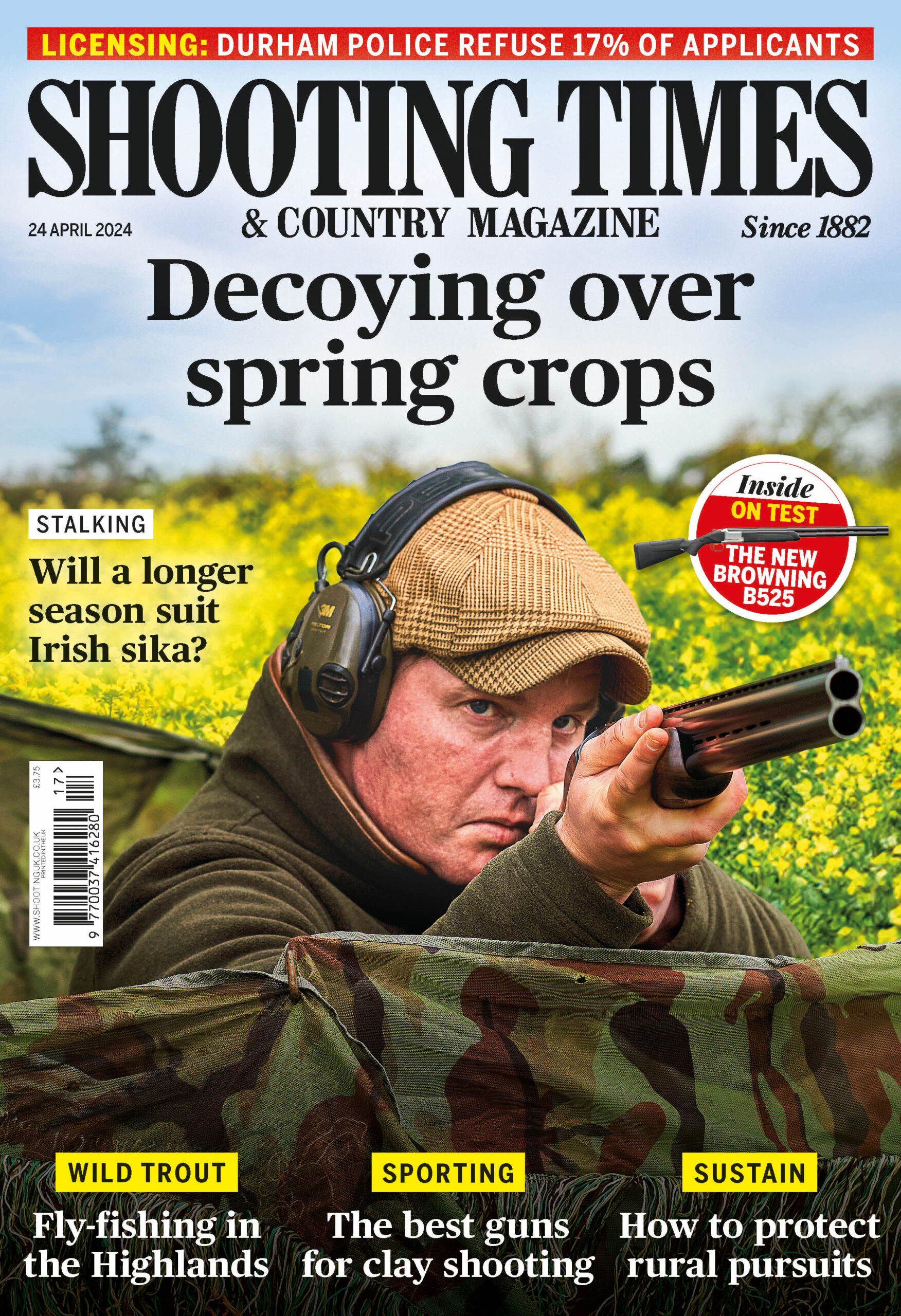How Northumbria Police are tackling rural crime
As rural crime is on the increase, Matt Cross joins a police force that is tackling the problem head on using local intelligence
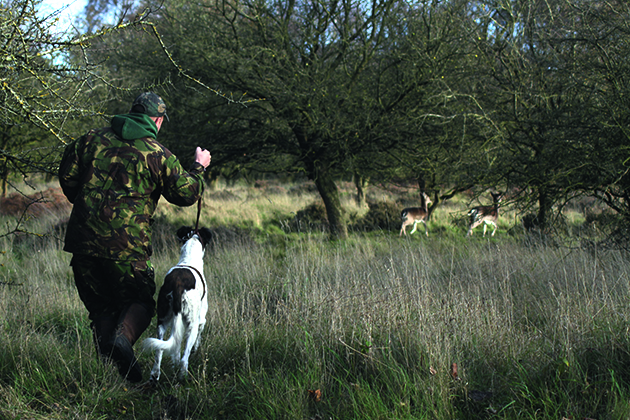
Dealing with illegally coursing hares and deer
If tables could tell stories, the one in the Northumbria Police rural crime team office would have some extraordinary tales. In the days when the Duke of Northumberland sat on the bench, the brown oak and red leather table was where the Alnwick magistrates deliberated. In a new era of crime and policing, defendants are tried at an anonymous brick court in Newcastle and the table has been rehomed among the computers and hi-vis jackets of the team office.
A lot of dealing with illegal coursing seems to be about finding new ways to use old things.
While Northumberland faces a coursing hares and deer problem, it is not the heartland of illegal coursing. Most English counties have some degree of illegal coursing but the worst-affected area is the belt of English counties from Lincolnshire through Cambridgeshire, Essex, down to Kent as well as Norfolk and Suffolk.
Within this area, different police forces have tackled the issue with varying success.
Lincolnshire Police has nearly halved the number of coursing incidents in its area since 2016. But a gamekeeper in another coursing county told Shooting Times that his force were “completely useless”.
Success
The secret of Northumbria Police’s success was in the blend of people gathered around that oak and leather table. At the head of the table was Ian Pattison, a sergeant bringing the latest of police thinking to the problem. To my right was Giles Evans, a true countryman and a police civilian investigator.
The man to my left was not a police officer nor staff member, but Matt Skillen is a vital member of the team. Since 1992 he has been headkeeper of the Mitford estate. He is also part of Northumbria Police’s 30-strong rural crime volunteers — a trained observer force who support the police in the fight against rural crime.
Mitford sits just off the A1, has large arable fields and, under Matt’s care, it also has abundant wildlife including hares and deer. It is a combination that coursers travel to find and for many years Mitford was targeted.
Illegally coursing hares damage
“They cause thousands of pounds of crop damage, they steal, they are violent,” says Matt. “We need to call them what they are; rural criminals.” He also explained what motivates the coursers: “They are looking for that video of the dog working that they can use to sell the dog, and these dogs can be worth thousands of pounds,” he explained.
A video of a dog at work coursing hares and deer is crucial to its value. Videos are usually shared via WhatsApp and through closed Facebook groups. However, others are shared openly. YouTube has many deer and coursing hares films. Some films make no pretence of legality: Deer Coursing Scotland 2020 is one.
Another film called Bull X on Roe claims to have been filmed in 2001 but was uploaded in 2017 and filmed on a high-quality camera phone of a type that did not exist in 2001.
The dogs are also traded quite openly. Researching a story on stolen gundogs, I found a lurcher being sold with the description “the game is too hot for me now”. The same site carries adverts describing one dog as a “good all-rounder” who “works day and night” and another as “runs the lamp and is good at her job”.
For many years Matt had no police support so he did what he could, forming a WhatsApp group of local keepers and farmers to share information — and putting himself at risk tackling the gangs. A change in Police and Crime Commissioner and a newly formed specialist team began to win the confidence of Matt and other rural residents.
I suspect Giles’s deep involvement with rural culture — he shoots, fishes and beats — was key to building up the Northumbria Police rural crime volunteers. “They are our eyes and ears,” said Sergeant Pattison. “They provide the sort of local knowledge that the old-fashioned rural beat cop used to have.”
The volunteers have become an observer force, combining their local knowledge with police training to feed in intelligence and help the rural crime team direct their operations. In recent night-time operations, volunteers including Matt were equipped with police radios and spent the night watching the roads for suspect vehicles. On both nights they were able to direct officers to four-wheel drives carrying groups of young men with lamps and dogs. The occupants had their dogs, cars and lamps seized.
But Matt and his fellow volunteers are not simply waiting for the police to give them instructions. When a suspicious vehicle passed through Matt’s yard, he circulated the details to the other volunteers and they tracked it around the farms and estates of rural Northumberland. “We got the vehicle,” said Sergeant Pattison, smiling. “Within 12 hours,” Giles added.

Aerial photograph of damage caused to crops in North Yorkshire by a vehicle driven by suspected poachers
Bruised and battered
It would be easy to romanticise illegal coursers as a holdout refusing to conform to unjust laws imposed by those who don’t understand their culture. That notion flies in the face of a wealth of evidence connecting those involved in coursing to other kinds of crime, including quad bike, plant and dog theft, criminal damage and assault. Earlier this month, a gamekeeper on Her Majesty the Queen’s Sandringham estate was left bruised and battered after an alleged coursing gang pelted him with rocks; others have had air rifles and catapults fired at them.
Across the country the legislation the police are forced to rely on to tackle these gangs is a mixture of the out of date and the antique. The dogs, lamps and cars are seized under the 1862 Prevention of Poaching Act. There are other avenues that the police can pursue; often the vehicles turn out to be uninsured or the drivers unlicensed.
Giles showed drone footage of a man walking through a field with a lurcher and a hare. When he spots the drone he launches a stone at it. “Attempted criminal damage,” Sergeant Pattison noted with a smile.
Legend
I grew up in rural Northumberland in the 1980s. The frequent battles between gamekeepers and poachers and the chases down rural roads were the stuff of school bus legend. But Matt recognises those days are over.
“If I challenge them — and even if I get a hold of them — I can’t do anything with them,” he said. “But if I get a registration, a description and a video of them doing what they are doing, and note down what time and whereabouts using What3Words, I can pass that to Ian.
“Then he can do them for criminal damage to the field, he can have the cars and the dogs off them. That way they have had something happen to them — we can hurt them.”




